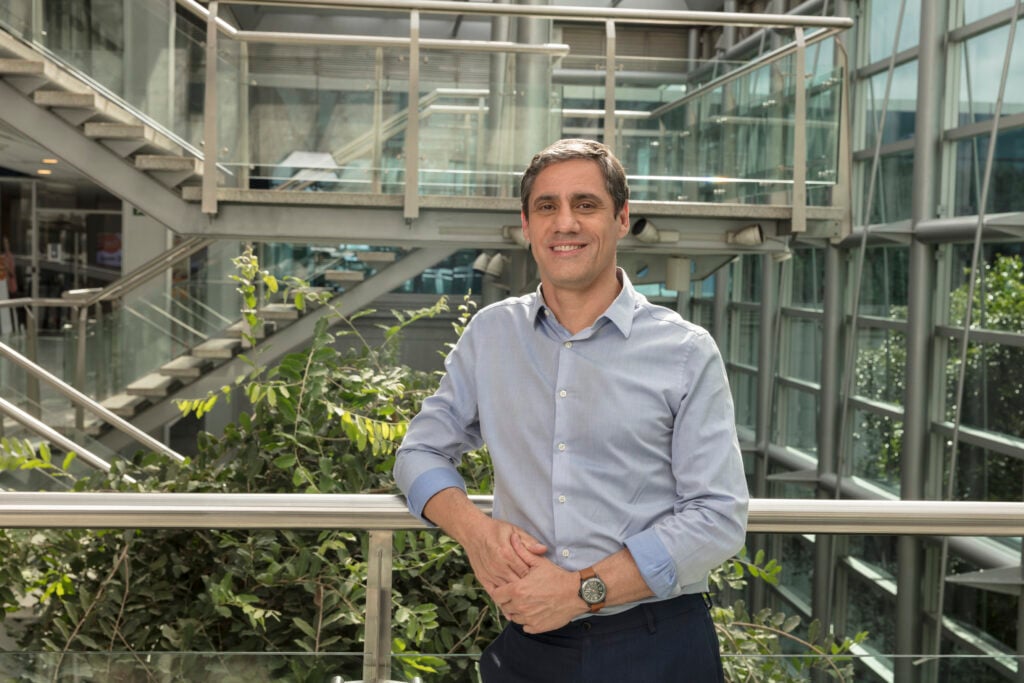JBS renews presence at B3 Efficient Carbon Index
The company develops several initiatives to reduce GHG emissions worldwide

JBS has been chosen once again to be part of Carbon Efficient Index (ICO2) at B3, the Brazilian main stock market. This portfolio includes companies that undergo relevant efforts in order to improve sustainable practices.
The inclusion is another acknowledgment for the JBS’s initiatives on sustainable practices, once the participating companies are those committed to the best management for greenhouse gas emissions.
In this sense, JBS announced in 2021 its commitment to become Net Zero by 2040, that is, to bring the net balance of greenhouse gas emissions to zero. The Company’s initiative covers its entire value chain, reducing its direct and indirect emissions, offsetting all residual emissions.
According to the company, JBS is the larger producer of animal protein in the world and was the first major global company in the sector to set this goal.
At COP26, held in November 2021, in Glasgow, Scotland, the Company gathered ten of the world’s largest global food processing companies and released a joint statement committing to develop a sectoral roadmap to contain the global warming.
The challenge is to keep global temperature average till 1.5°C above pre-industrial levels and present the path to do that till COP27, in Egypt. This declaration was articulated by the US and UK governments, Tropical Forest Alliance (linked to the World Economic Forum) and the World Business Council for Sustainable Development.
“Being part of the B3 Carbon Efficient Index is a recognition for our ESG agenda, especially towards our Net Zero 2040 commitment. We are committed to the low carbon economy”, highlights Márcio Nappo, Sustainability Director at JBS.
Methane emissions
In fact, JBS has been looking for solutions to reduce methane emissions in the livestock chain. During COP26, the company announced a partnership with Royal DSM for the use of Bovaer® in the cattle production chain.
This nutritional supplement is able to reduce enteric methane emissions by up to 90%, and Brazil is the first market to grant regulatory approval for its use.
In the same sense, the company firmed a partnership with the Institute of Animal Science of the State of São Paulo in order to research potential additives that improve feed efficiency.
Both actions are part of JBS’ plan to cut, on a global scale, bovine enteric methane emissions through cattle nutrition.
Chain monitoring
The year 2021 also marked the start-up of the Transparent Livestock Platform. This tool, which uses blockchain technology, makes possible to extend JBS´s monitoring about socio-environmental topics of its cattle suppliers. The first 15 “Green Offices” have also been installed in the Company’s processing units throughout the country. Through them, JBS seeks to support ranchers on environmental regulation with an inclusive approach, contributing to reduce carbon footprint of Brazilian livestock.


